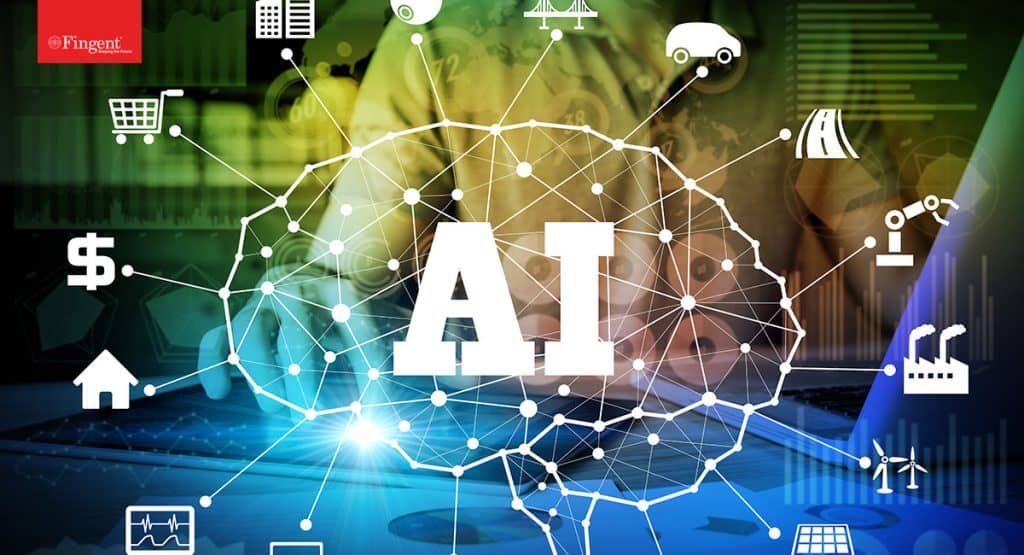
We currently live in a world taken over by technology, which makes our daily lives much more practical: things we used to do – like, for example, going to the bank to pay bills or to the supermarket to shop – today, we can do online, without leaving the house.
It is undeniable that the effects of the Covid-19 pandemic accelerated the process of developing new habits and consumption models, in addition to the need to adapt to them to live more safely and comfortably. Companies that did not use technology from structurely conversational artificial intelligence in their routines began to adhere to it, being forced to reinvent themselves to survive in an increasingly competitive market.
What Is Artificial Intelligence?
AI is a technology that enables the ability of machines to think like human beings, developing the gift of learning, reasoning, analyzing, and logically deciding on facts, solving problems that, until then, could only be solved by humans. In other words, it can be considered as “machines that are intelligent,” which can make decisions independently, increasing the intelligence of the human being in general.
For some, AI can seem like a complex process that involves a deeper understanding of data usage. To understand how it works, there are several combinations of technologies that make it possible, but AI is done with simple computing processes, such as:
- Data model: structures that intelligently process, categorize and analyze data;
- Big Data: a large amount of data that is available to be processed; and
- Data processing: accessing and handling information quickly and efficiently, operationally and logistically.
The History Of Artificial Intelligence
The conception of something artificial that simulates human intelligence is not as recent as it seems: the subject has been a matter of debate for a long time in human history. One of the outstanding characters for the AI was Alan Turing. He, in his studies, discovered a way to test machines, known as “the Turing test,” which evaluated the possibility of machines impersonating humans through written conversations.
But it was in 1956 that AI had its origins; a field of study was created for it by Professor John Mc Carthy, with the thought of developing a machine in which he could think and act like a human being. Then, in 1964, the world’s first chatbot was created, called Eliza, the first intelligent machine to carry out conversations using data.
Over time, AI from structurely conversational artificial intelligence has been developing and presenting innovative solutions, always looking to improve intelligent machines using data and algorithms, improving on rational similarities, like that of human beings.
